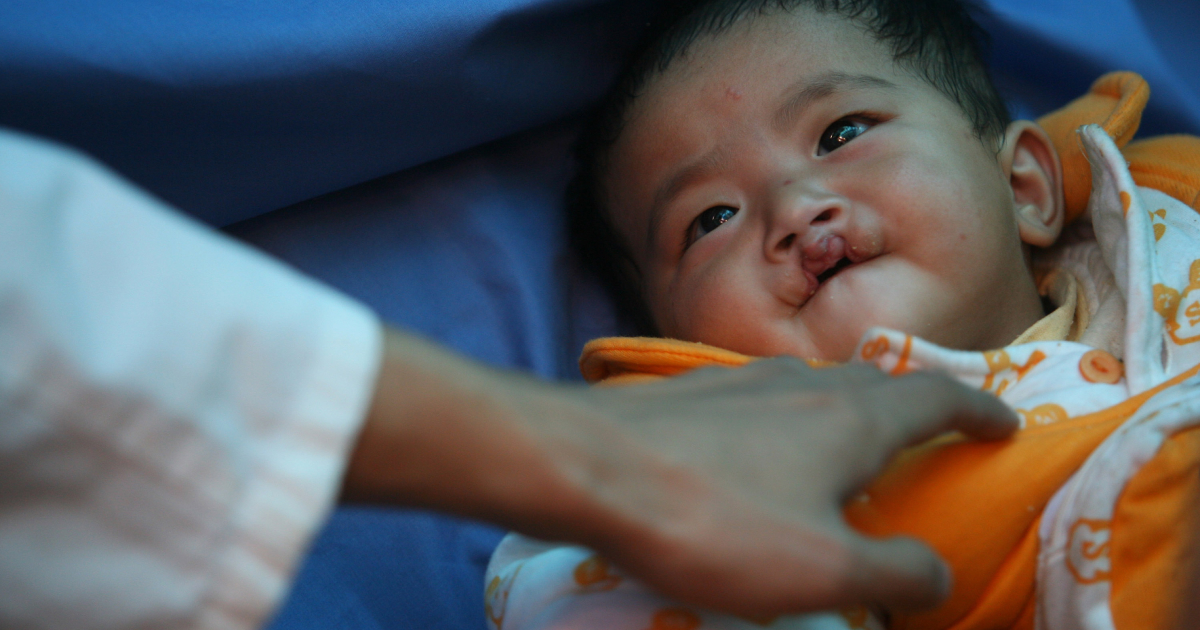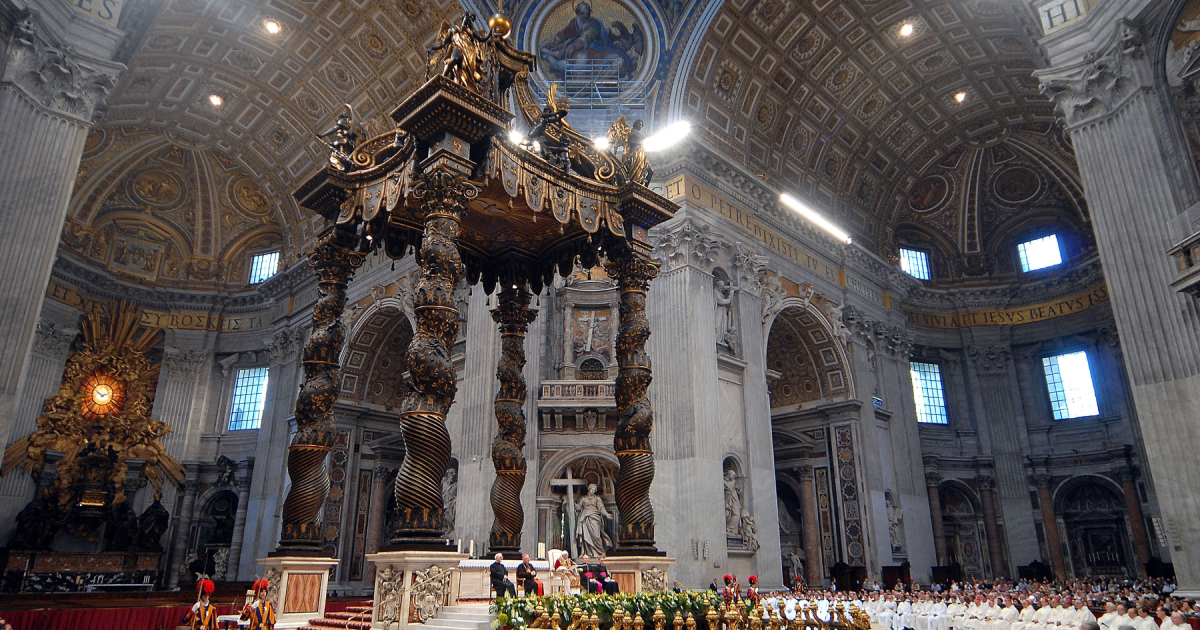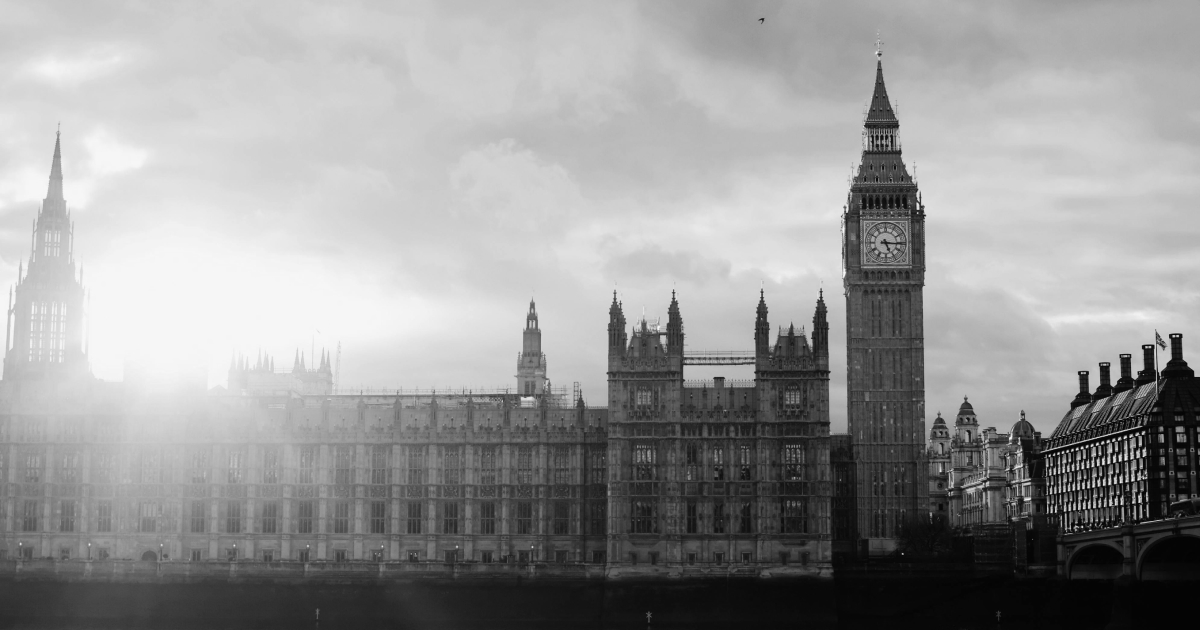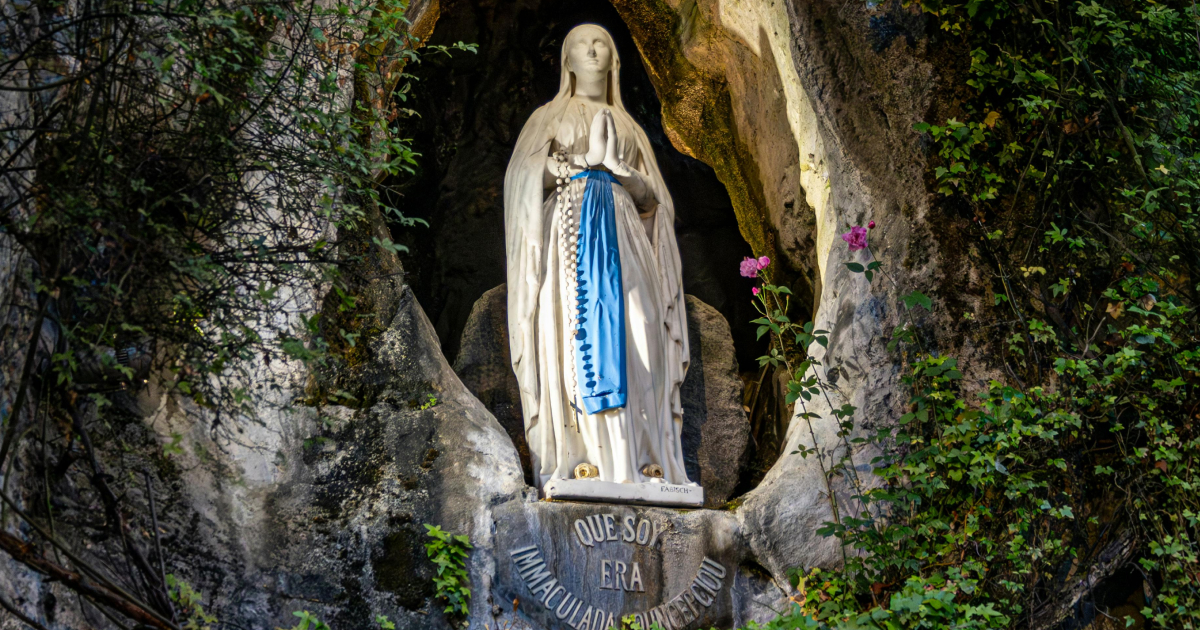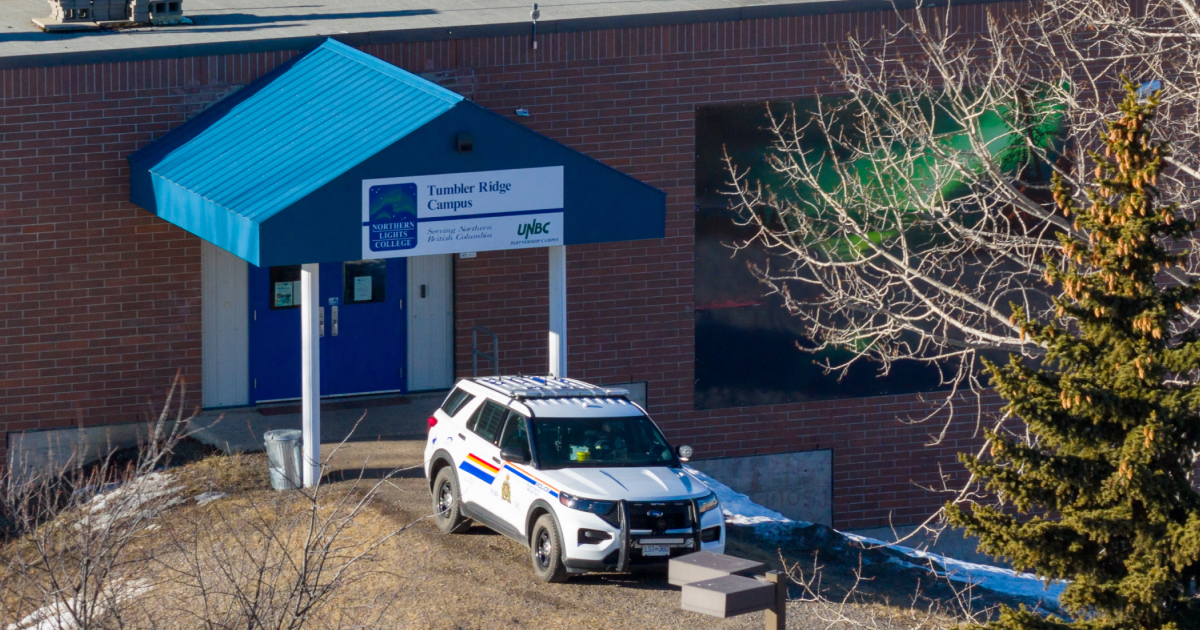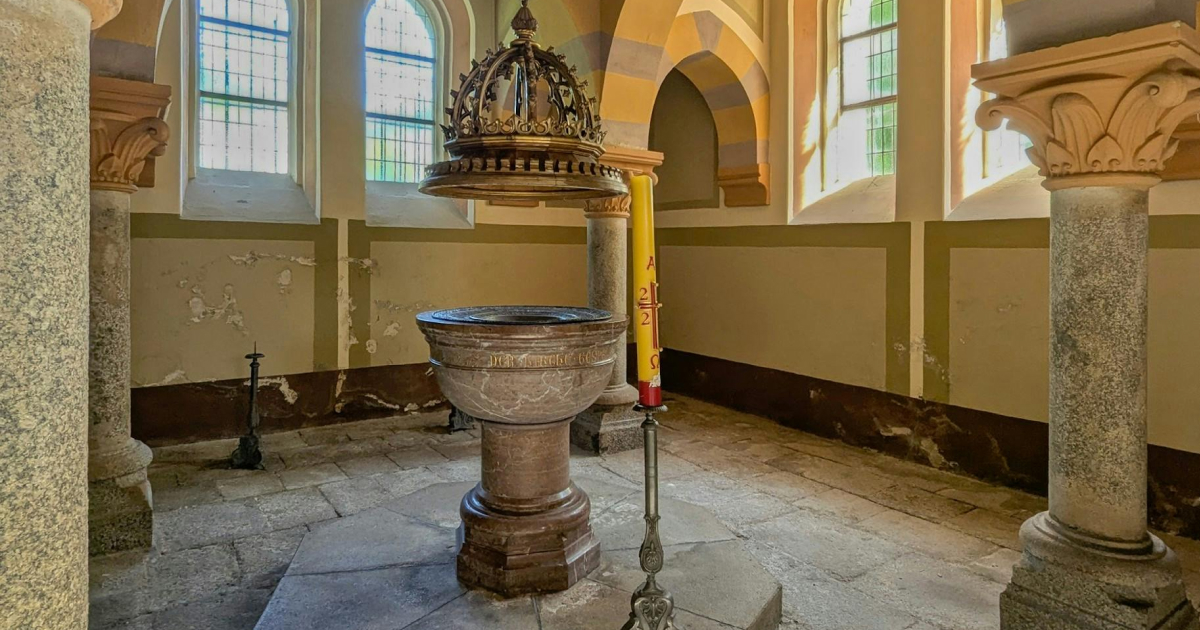The Vatican has responded to claims that there would be a policy change under Pope Leo on the Traditional Latin Mass.
A spokesperson for the Dicastery for Worship and the Discipline of the Sacraments has clarified that the Pope does not intend to overturn the motu proprio Traditionis Custodes, issued by his predecessor Pope Francis in 2021, which placed significant restrictions on the celebration of the traditional Latin Mass.
Instead, the pontiff will permit two-year dispensations for bishops who request them, which is already the directive normative.
Msgr Enda Murphy told the Catholic News Service that this is “no more than a restatement of the practice of the Dicastery … since the motu proprio came into force”. The clarification, therefore, emphasises continuity rather than change, and that there is no revision of the restrictions in Traditionis Custodes.
Monsignor Enda Murphy offered further clarification regarding reports from the plenary meeting of the Catholic Bishops’ Conference of England and Wales that suggested a policy could be implemented whereby any bishop who requests dispensation for the Traditional Latin Mass to occur will have it granted.
He said that during a private meeting between the apostolic nuncio to Great Britain and the bishops – which led to the reports of a policy change – Archbishop Buendía told the bishops that the Pope “would not abrogate Traditionis Custodes” but would allow those diocesan ordinaries who apply to the Dicastery for Divine Worship and the Discipline of the Sacraments to then grant a two-year, renewable exemption for celebrations according to the 1962 Roman Missal.
Nevertheless, many Catholics have continued to question the situation. While the pronouncement from the Vatican did not signal a rollback of the 2021 document’s fundamental norms, The Pillar reports that “Leo will ask Cardinal Arthur [Roche, prefect of the dicastery] to be generous in granting Latin Mass requests".
While the two-year exemption regime is familiar to many dioceses, it has been noted that similar applications under Pope Francis were often refused – so the fact that diocesan bishops may now expect renewed dispensations, along with Cardinal Roche reportedly being given a steer by the Pope, has sharpened questions and tensions about inconsistent implementation of tradition.
Furthermore, “the impression [the nuncio gave] was that the Pope wants the door to be left open and not narrowed or closed,” according to one cleric present for the address.
Historically, the Church’s provision for the Traditional Latin Mass has travelled a meandering and contentious path. Before the latest developments, England and Wales had the so-called Agatha Christie indult, a unique permission granted in 1971 allowing continued celebrations of the older rite after an appeal signed by prominent cultural figures.
Later, in 2007, Summorum Pontificum, issued by Pope Benedict XVI, opened broader access to the older form of the Mass by describing it as an “extraordinary form” of the Roman Rite. Then came Pope Francis’s more restrictive pivot.
Pope Francis’s Traditionis Custodes marked a decisive shift in liturgical policy by requiring that bishops not erect new personal parishes for the Traditional Latin Mass. Under those terms, bishops could designate existing locations for the older Missal, but only with direct Dicastery authorisation.
While the 1962 Mass is still restricted under the terms of Traditionis Custodes, based on the latest developments, it would appear that bishops who now apply for dispensation have firmer grounds to expect to receive a two-year exemption, though the underlying norms remain unchanged.
Yet as many commentators have noted, the latest reassurance has done little to quell concerns, with many noting years of rejected applications under the previous pontificate and warning of the implications of continued uncertainty.
Photo: St Peter's Basilica, Rome, Italy, 13 November 2025 (Photo by TIZIANA FABI/AFP via Getty Images)





.jpg)


